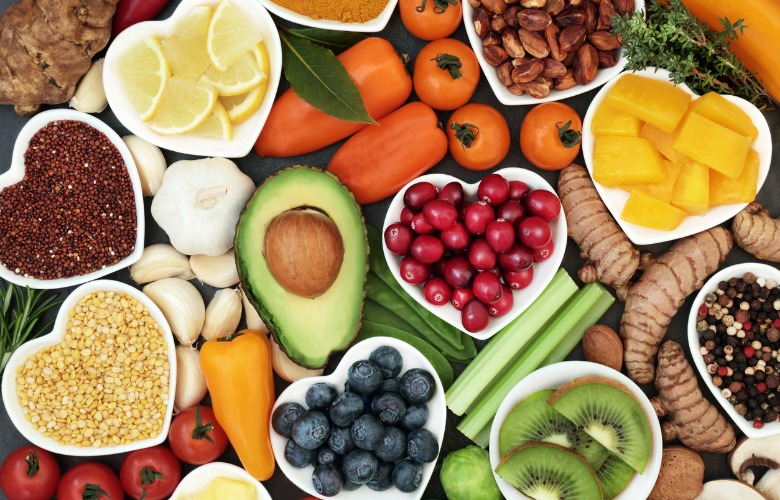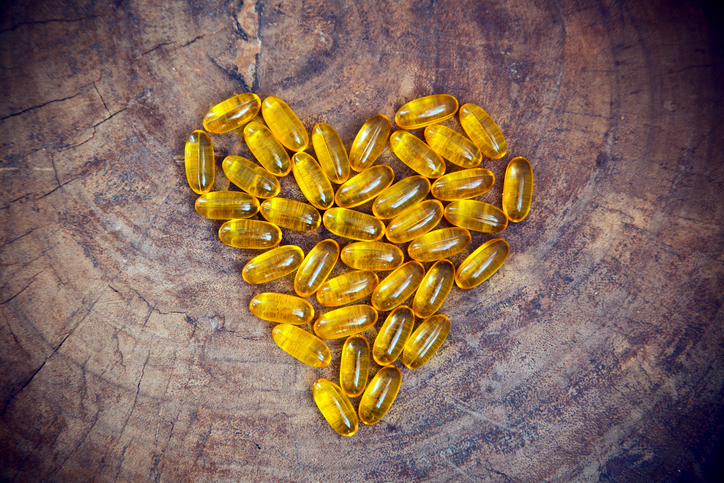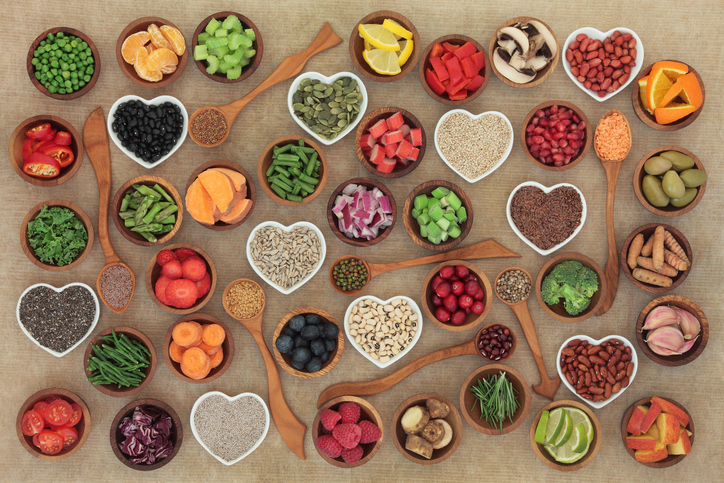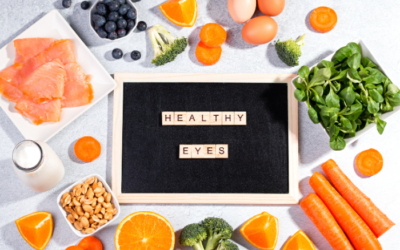Five Superfoods for a Healthy Heart
Oranges
Oranges contain soluble fiber, pectin, which blocks the absorption of cholesterol in food. Citrus pectin also helps neutralize galectin-3, a protein causes scarring of heart tissue. In addition, oranges contain potassium, which helps support normal blood pressure and counterbalances salt intake.
Dark Chocolate
Dark chocolate is rich in flavanols that support normal blood vessel flexibility. Dark chocolate also contains fiber, iron, fatty acids, and magnesium, as well as antioxidants. A few squares a day can support normal blood pressure, but really who needs an excuse to eat chocolate?
Sardines
These little cold-water fish contain some of the highest levels of omega-3 fatty acids. These fatty acids are “good fats” which help lower triglycerides and raise HDL. In addition, omega-3 helps to reduce inflammation.
Lentils
Lentils are a fiber-rich, lean vegetable protein that contains folate, magnesium, and potassium. These nutrients support normal blood pressure and also counterbalance salt. Other Beans and legumes which contain nutrients that support heart function include black beans, black-eyed peas, kidney beans, split peas, butter beans, and chickpeas.
Almonds
Almonds contain plant sterols which may reduce the absorption of cholesterol from the diet. Also, almonds contain “good fats” which are good not only your heart but also mood and sleep health. Not a fan of almonds? Walnuts, pistachios, and peanuts have been found to have the same heart-healthy benefits!
Other heart-healthy superfoods include kale, oatmeal, salmon, blueberries, red wine, grapefruit, and tomatoes.
While adding superfoods to your diet, it won’t help your heart if you continue to eat foods high sugar and refined carbs. Moderation is key and eating good fats instead of bad ones or harmful carbs can help lower cardiac risk.

How Does Fiber Benefit the Heart?
First of all, not all fiber is the same, there are two types: soluble and insoluble. Most foods contain a little of both. Soluble fiber absorbs water to form a gel-like substance inside the digestive system. This fiber helps to soften stool, bind to substances like cholesterol and sugar – preventing or slowing absorption into the blood. Soluble also lowers blood cholesterol and boosts good bacteria in the gut supporting normal heart function. Insoluble fiber is found in whole grains, nuts, fruits, and vegetables and doesn’t dissolve in water. This adds bulk to the digestive system and supports normal bowel regularity.
- Supports normal cholesterol levels: Soluble fiber may reduce both “bad” LDL and overall cholesterol particles in the digestive system and remove them before they are absorbed.
- Reduces the risk of stroke: Fiber-rich whole grains can help lower the risk of stroke when replacing refined grains.
- Supports normal blood pressure levels: High fiber diets including lots of whole grains have shown to support blood pressure and pulse pressure.
- Weight management: Fiber-rich diets can help with weight loss, since the feeling of fullness curbs hunger. A healthy weight can mean a healthier heart.
How much fiber?
Women should try to include 25 grams of fiber per day and men should make sure they get 38 grams. On average most Americans only get about 15 grams, so for most, there is room for improvement.
Fiber-rich foods
- Split-peas, lentils, black beans, and lima beans.
- Artichokes, peas, broccoli, Brussels sprouts, carrots, spinach.
- Blackberries, raspberries, avocados, pears.
- Bran flakes, pearled barley, oatmeal, flaxseed meal, chia seeds.
- Fiber supplement
Need inspiration? Try new recipes that sneak fiber into everyday meals and snacks, like healthy pudding, smoothies, soups or in your own recipes.

Three Supplements for Your Heart
Taking a daily multi-vitamin each day is a great start to a healthier body, it helps bridge any nutritional gaps in your diet and may balance deficiencies. While some of these nutrients support normal heart function, there are supplements that can be especially beneficial to heart health. In particular, fish oil, CoQ10, and garlic have all been shown to support the heart and its functions.
Fish Oil
Fish oil contains omega-3 fatty acids which are a type of polyunsaturated fat. These fats are crucial to body functions from building brain cells to supporting normal heart health. Omega-3 fatty acids have been shown to reduce triglycerides, slow the buildup of plaque in the heart, and lower blood pressure slightly. The American Heart Association (AHA) recommends at least 2 servings a week of fish rich in omega-3s:
- Salmon, Mackerel, Albacore, Trout, Sardines
- Fish oil supplements can be a great replacement to fresh fish
- Not a fan of fish? Plant-based sources of omega-3s include flaxseed oil, walnuts, chia seeds, and tofu.
CoQ10
CoQ10 or Coenzyme Q10 contains the active antioxidant, ubiquinol, which is made in the body from ubiquinone. CoQ10 supports heart functions in many ways, including supporting normal oxidative state of LDL cholesterol, circulation, health of vessel walls and heart muscle function. The recommended dose of CoQ10 for adults is 30 to 200 milligrams daily, check with your healthcare provider to see which will be most beneficial for you.
Garlic
Garlic has been used throughout ancient history for its health and medicinal properties. Garlic may be tiny, but it is packed with a lot of nutrients including manganese, vitamin B6, vitamin C, selenium, calcium, copper, potassium and fiber. However, it’s the antioxidants, anti-inflammatory properties and sulphuric compounds that support a healthy heart. Garlic supports normal blood pressure levels, cholesterol levels, and blood vessel function. The best way to ensure garlic’s health benefits is to eat it raw, since the allicin (the organosulfur compound in garlic). Don’t want garlic breath all day or don’t like it raw? Try a garlic supplement instead of utilizing the allicin in concentrated form.
There are many supplements that can support a healthy heart, but these seem to be the three with the biggest punch. Incorporating this with a lifestyle that includes a nutrient-rich diet and a regular exercise plan can help keep your heart in great shape for years to come!

Jemile earned a degree in Food Studies and Writing and has worked for almost 23 years in the medical and health industries. She has been a digital marketing consultant for Acupuncture Atlanta since 2011 as the social media manager and content manager. Writing has been a childhood dream for Jemile and writing daily for clients in the health, wellness, food, and art industries have been phenomenal. Jemile is originally from Brooklyn, NY, and lives in the Hudson Valley, NY. She lives with her husband, two daughters, her dog, and two fish. You can contact Jemile via Linkedin, her mom blog, or her website, lunaroseconsulting.com



